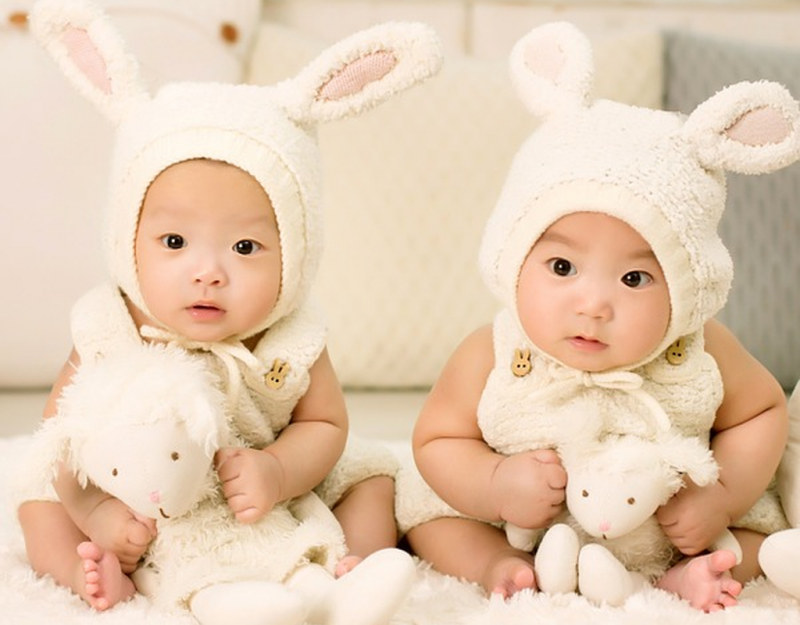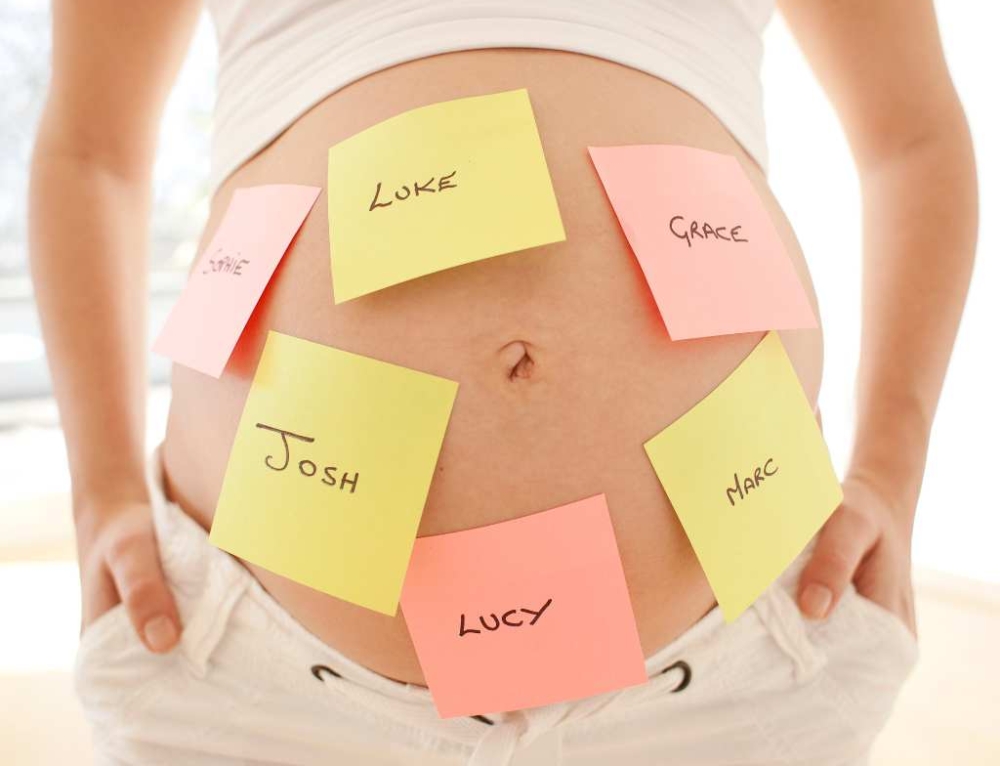It’s exceedingly rare these days to be surprised in the birth suite by the news that you’re having not one, but two (or more) babies! With medical advances such as ultrasounds and foetal heart monitoring being standard fare throughout pregnancy, the news that you’re going to become mum to multiples will be old news by the time you go into labour.
And while most women pregnant with twins or more, will experience the same pregnancy symptoms as those pregnant with a singleton, they do often experience heightened pregnancy symptoms – severe nausea, extreme fatigue and fast weight gain – that may indicate that there are twins in their future.
Symptoms of a multiple pregnancy include
Weight gain
A rapid and early weight gain during the first trimester often indicates a multiple pregnancy. The extra weight is due not only to the babies’ combined weights but also the extra tissue, fluid and blood volume you are producing to support two babies. Most women pregnant with twins will gain between 15 – 20 kgs as opposed to the usual 12 -16 kgs.
Measuring large for gestational age
At each antenatal check-up you attend, you will have your uterus measured to check your growth. Measuring large for your gestational age is a possible indicator that you are expecting twins. Other possible causes may be a miscalculated due date, an excessive amount of amniotic fluid, or the presence of uterine fibroids.
Severe morning sickness symptoms
Almost all women carrying multiples report suffering from morning sickness and their symptoms tend to be more severe than their pregnant-with-one counterparts.
High AFP test results
One of the foetal early screening blood tests you will be offered during pregnancy is an AFP test. This test measures levels of alpha-fetaprotein in your blood and high levels of AFP can indicate neural tube defects and genetic defects, as well as the possibility that you are carrying multiples.
Extreme fatigue
While all women experience overwhelming fatigue in their first trimester of pregnancy, women carrying twins report a tiredness that never lifts and can’t be ignored. Lots of bed rest is recommended in early and late multiple pregnancies.
Early foetal movements
Most pregnant women report feeling very first foetal movements, also known as Quickening, between 18 – 22 weeks but women pregnant with multiples often report feeling those first flutterings at around 16 weeks – perhaps due to the fact that there’s less room for the babies to move around in so contact with the outside world comes earlier than with a singleton.
Intuition
Strange but true, many women just ‘know’ that they’re carrying more than one baby long before they have the fact confirmed by a doctor. Not very scientific perhaps but many, many women have a gut feeling that they’re carrying twins.
This article was written by Ella Walsh for New Zealand’s leading pregnancy resource, Kidspot NZ.







Leave A Comment
You must be logged in to post a comment.